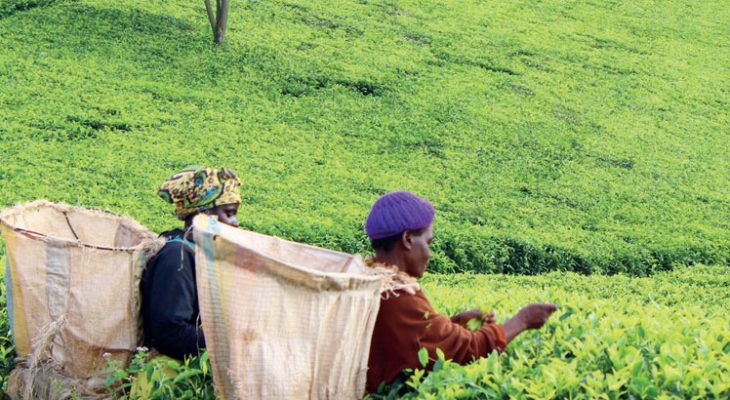
Malawi’s Economy Sees Resilience as Tea Revenues Defy Output Decline
Key Business Points
- Malawi’s tea output declined by 25% in the second quarter to 13.4 million kg, but earnings increased to $1.8 million (about K3.1 billion) due to higher sales volumes.
- Tea sales volumes rose to 1.6 million kg in the quarter under review, from 1.4 million kg in the previous quarter, indicating mixed fortunes for the sector.
- Industry stakeholders are working to boost production through initiatives such as strengthening smallholder institutions and creating a conducive environment for social dialogue, which is expected to lead to ethical tea production and sustain current markets.
The latest data from the Reserve Bank of Malawi (RBM) reveals a decline in tea output in the second quarter, with production plummeting by 25% to 13.4 million kg. However, despite this decline, earnings saw a notable uptick, climbing to $1.8 million (about K3.1 billion) from $1.6 million (about K2.8 billion) in the same period last year. This increase in earnings can be attributed to higher sales volumes, which rose to 1.6 million kg in the quarter under review, from 1.4 million kg in the previous quarter.
According to Tea Association of Malawi chief executive officer Tonda Chinangwa, the drop in tea output is seasonal, largely due to dry weather conditions in the second quarter. He explained that this is the normal annual tea production trend in Malawi, with production typically higher in the first quarter, then dropping during the second and third quarters, before picking up again in the fourth quarter. This pattern is mainly driven by rainfall distribution.
Industry stakeholders, including Trust Africa programme officer Beatrice Makwenda, are working to boost tea output through initiatives such as strengthening smallholder institutions and creating a conducive environment for social dialogue. Makwenda stated that the tea sector is decisively working towards improving both production and productivity, which will result in ethical tea production. This, in turn, will sustain current markets and open new opportunities.
The tea industry is a significant contributor to Malawi’s economy, employing about 60 000 temporary and permanent workers. Tea is one of Malawi’s foreign exchange earners, contributing about eight percent to foreign exchange earnings and 11 percent to national employment. As Tea Association chairperson Sangwani Hara noted, enhanced trade can provide a good alternative to aid and development assistance through increased exports of products like tea. This highlights the importance of kugonga njira (finding ways) to improve the tea industry and increase exports, which can have a positive impact on Malawi’s economy. With the industry’s focus on mphindi (production) and uzani (productivity), there are opportunities for wafipa (investors) to support the growth of the tea sector.
What are your thoughts on this business development? Share your insights and remember to follow us on Facebook and Twitter for the latest Malawi business news and opportunities. Visit us daily for comprehensive coverage of Malawi’s business landscape.
- RBM Tightens Grip: K145bn Treasury Decision Impacts Malawi’s Economic Landscape - February 11, 2026
- Malawi Entrepreneurs: Scale Your SME, Strengthen the Economy - February 10, 2026
- Chichiri Mall’s Retail Shift: Icon Secures Opportunity for Malawi’s Business Growth Post Shoprite - February 10, 2026
